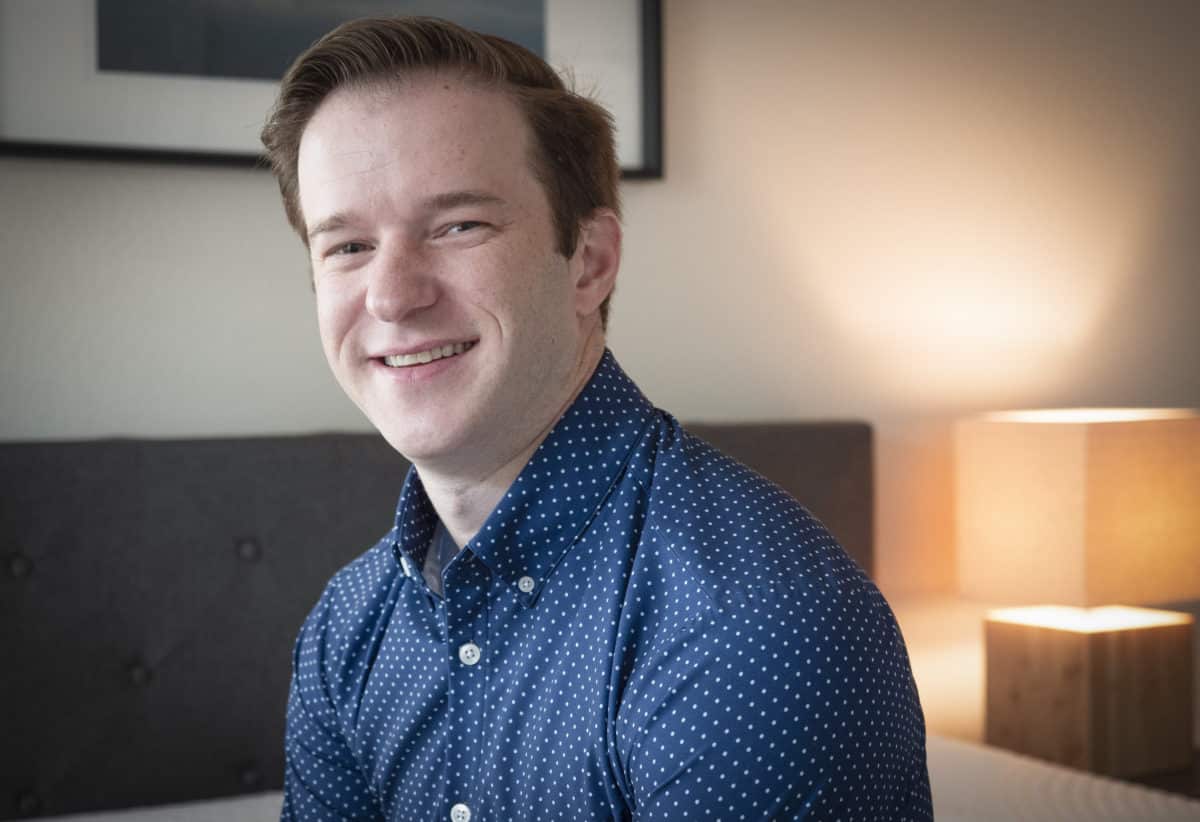Could taking a quiet period of rest right after learning new information make a person more likely to remember it? According to new research, it’s possible.
Researchers Dr. Michael Craig and Dr. Michaela Dewar wanted to test whether resting could improve memory, so they designed a two-task experiment. For the first task, they asked 60 participants to look at a set of photographs featuring everyday objects. Twenty of the participants then took 10 minutes to rest quietly before the next task; 20 played an unrelated game task for 10 minutes before the second task, and 20 of the participants transitioned directly to the second task.
For the second task, the participants were asked to look at another set of photographs and determine whether they were “old” (exactly the same as an image in the first group), “similar” (close to images in the first group, but not the same) or “new” (not presented in the first group). The researchers found participants in the rest group performed significantly better at the second photo identification task.
[Editor’s Note: The information provided should not be considered a substitute for professional advice. Please consult a sleep doctor or other medical expert if questions related to one’s own health come up.]
Why Resting Might Facilitate Memory
The researchers called the 10-minute period of quiet rest “awake quiescence.”
According to the study paper, which was published in Scientific Reports, participants in the awake quiescence group were “asked to sit quietly in the dimly-lit testing room and relax while the experimenter left the room to ‘set up the next section of the experiment.’ Care was taken to ensure that the testing room was devoid of any rich visual and/or audible sensory cues to minimise sensory information, and thus the disruption of consolidation.”
It’s not totally clear why quiet rest helped the participants’ memory, but the researchers think our brains “reactivate” new memories after making them in order to help us remember. Their theory is that awake quiescence helps with that reactivation process.
“We think that quiet resting is beneficial because it is conducive to the strengthening of new memories in the brain, possibly by supporting their automatic reactivation,” Craig said in an interview. “However, we don’t know exactly how this rest-related memory strengthening works. Specifically, it remained unknown whether quiet resting only allows us to retain more information, or whether it also helps us to retain more detailed memories.”
A bunch of questions remain, including: Does a quiet rest period help us retain a larger quantity of information, or just more detailed information? How does this memory reactivation process work? And would a longer or shorter rest have a different effect on memory recall?
Craig and Dewar have plenty of further research to conduct, but if people are studying for a big test or want to conduct a little memory experiment on themselves, they might consider testing whether quiet resting periods make any difference.
[Editor’s Note: The information provided should not be considered a substitute for professional advice. Please consult a sleep doctor or other medical expert if questions related to one’s own health come up.]
Featured Image: fizkes/Shutterstock


